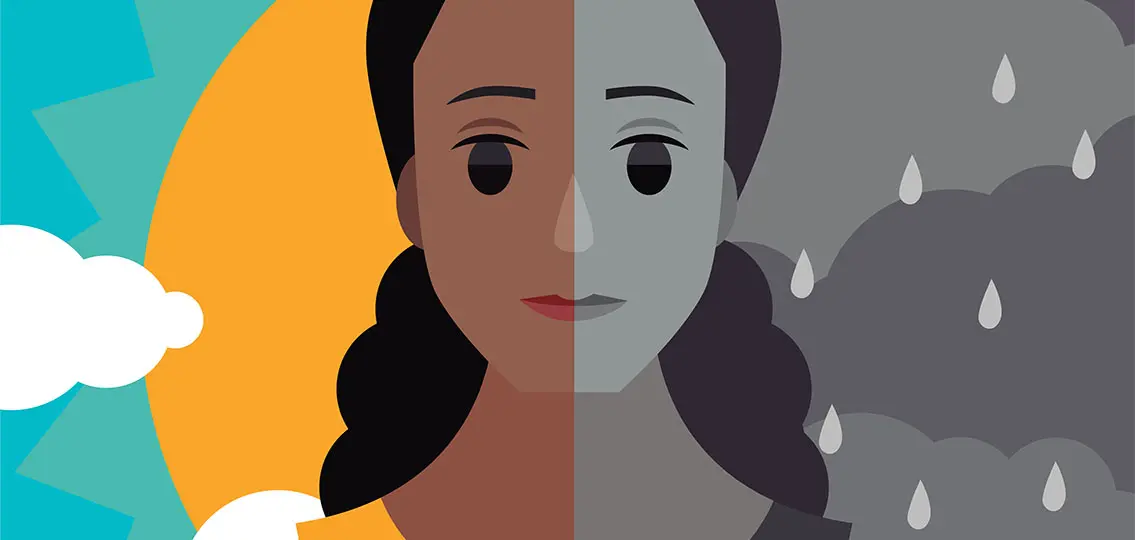Bipolar Disorder A Complex Mood Disorder
Bipolar disorder is a mental health condition that causes significant mood swings, ranging from periods of elevated mood (mania or hypomania) to periods of depression. These mood swings can affect a person’s energy levels, sleep patterns, and behavior.
Types of Bipolar Disorder
There are several types of bipolar disorder, including:
- Bipolar I Disorder: Characterized by at least one manic episode and one major depressive episode.
- Bipolar II Disorder: Involves hypomanic episodes and major depressive episodes.
- Cyclothymic Disorder: A milder form of bipolar disorder with less severe mood swings.
Symptoms of Bipolar Disorder
Manic Episodes
- Elevated mood
- Increased energy
- Decreased need for sleep
- Racing thoughts
- Impulsive behavior
- Irritability
- Grandiose ideas
Depressive Episodes
- Feelings of sadness, hopelessness, and worthlessness
- Loss of interest in activities
- Changes in appetite and sleep patterns
- Fatigue
- Difficulty concentrating1
- Thoughts of death or suicide
Managing Bipolar Disorder
Treatment for bipolar disorder typically involves a combination of medication and therapy:
- Medication: Mood stabilizers, antipsychotics, and antidepressants can help manage symptoms.
- Psychotherapy: Cognitive-behavioral therapy (CBT) can help individuals develop coping skills and manage their emotions.
- Lifestyle Changes: Regular exercise, a healthy diet, and adequate sleep can contribute to overall well-being.
It’s important to remember that bipolar disorder is a chronic condition that requires ongoing management. With proper treatment and support, individuals with bipolar disorder can lead fulfilling lives. If you or someone you know is experiencing symptoms of bipolar disorder,2 it’s crucial to seek professional help.

